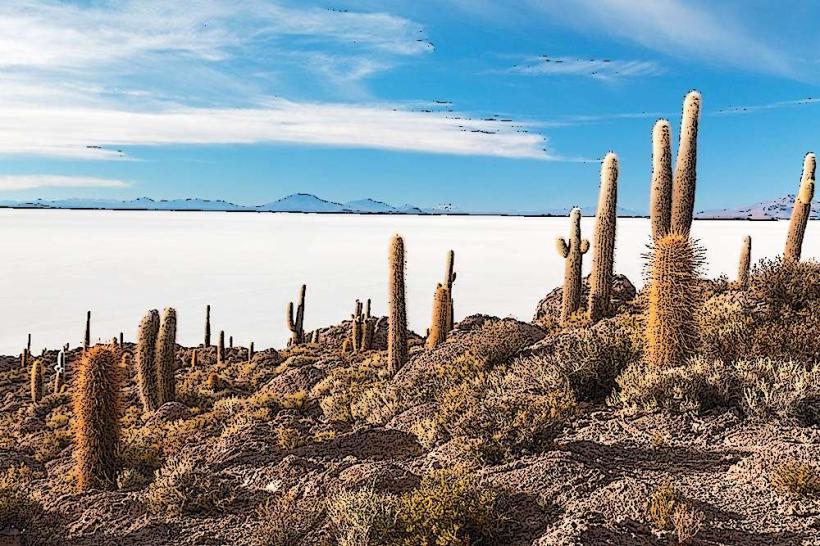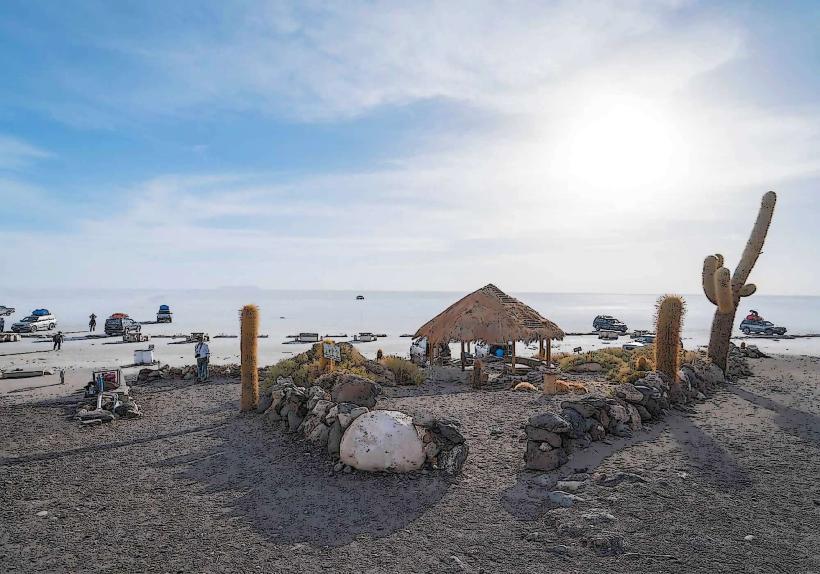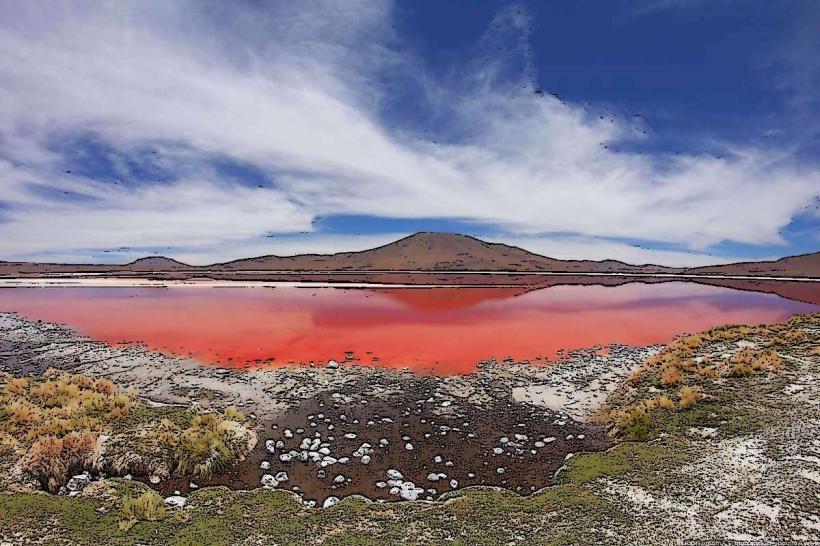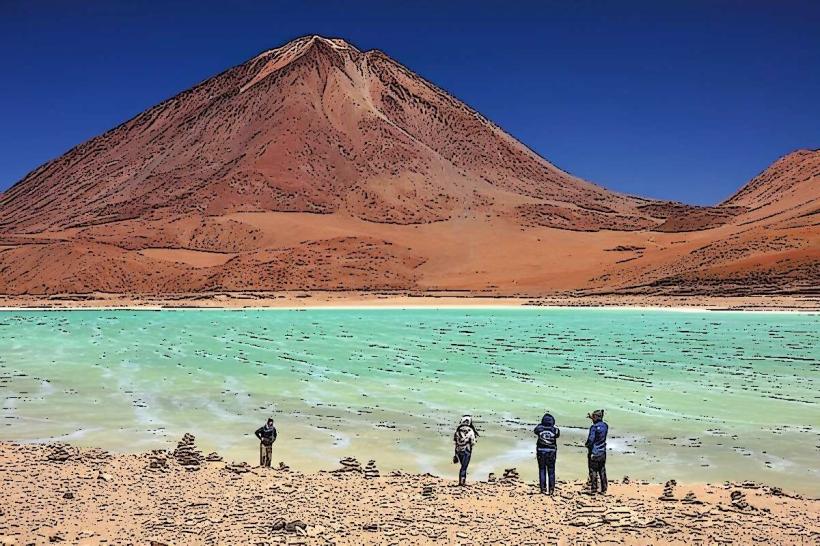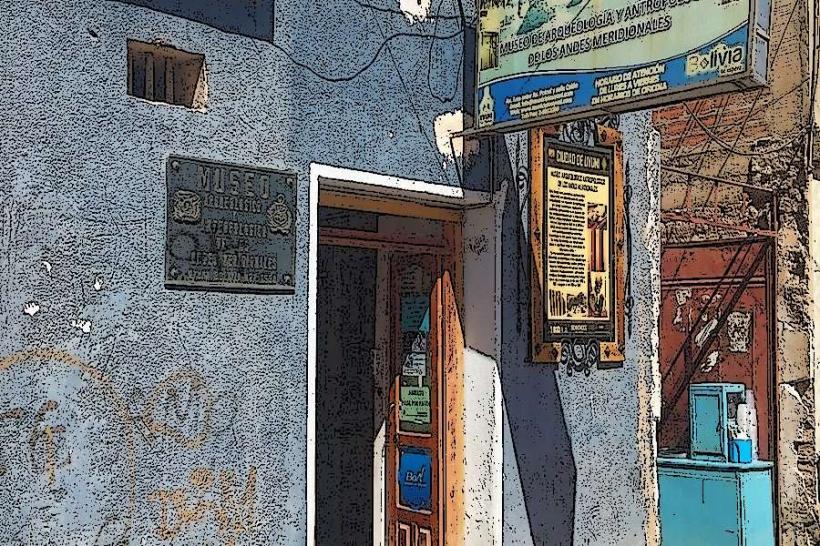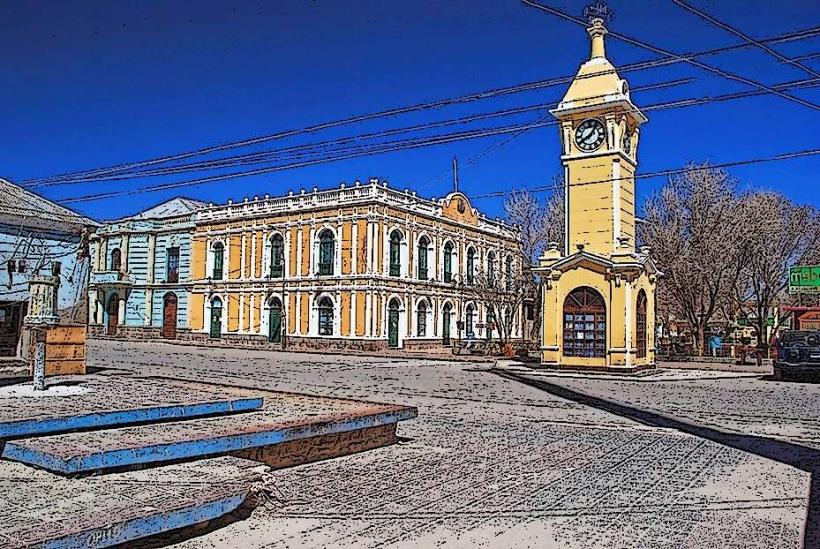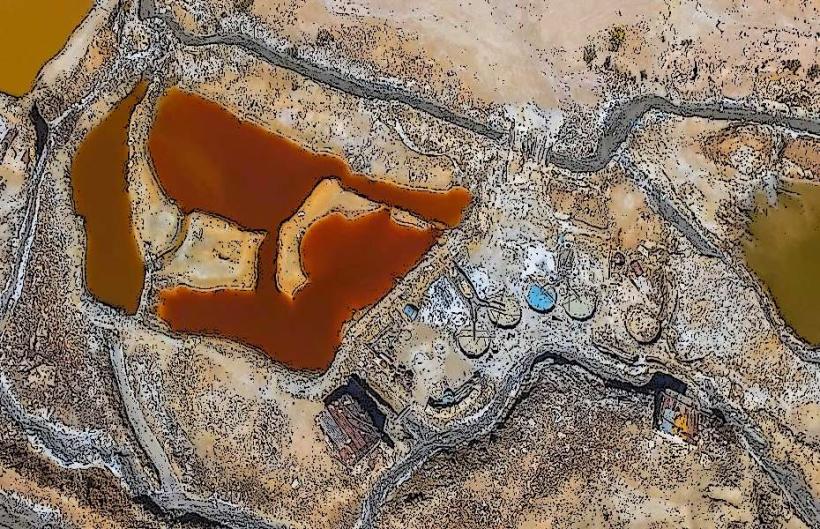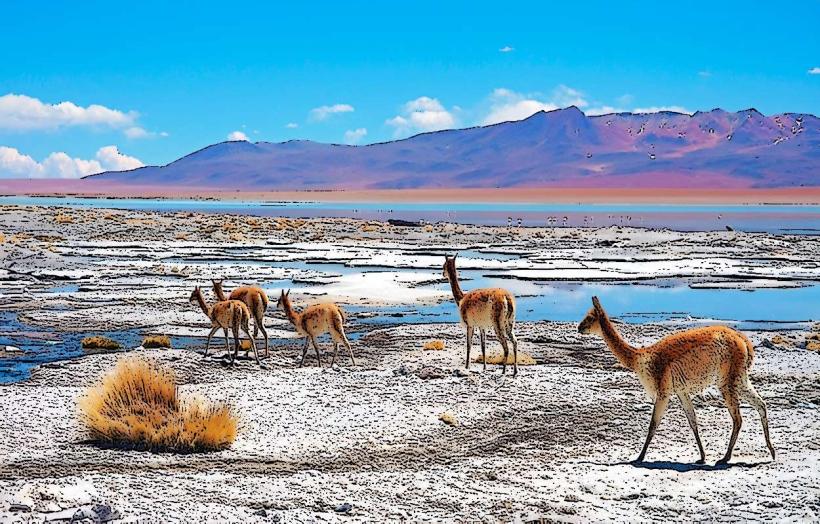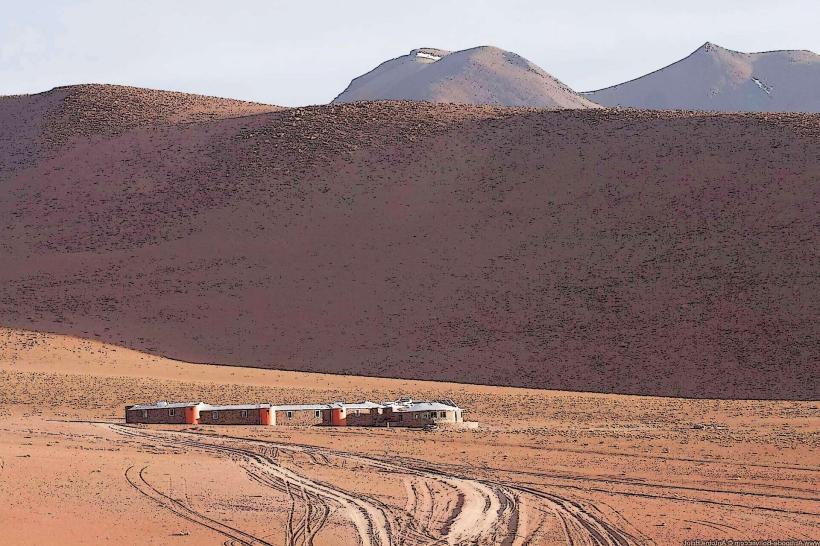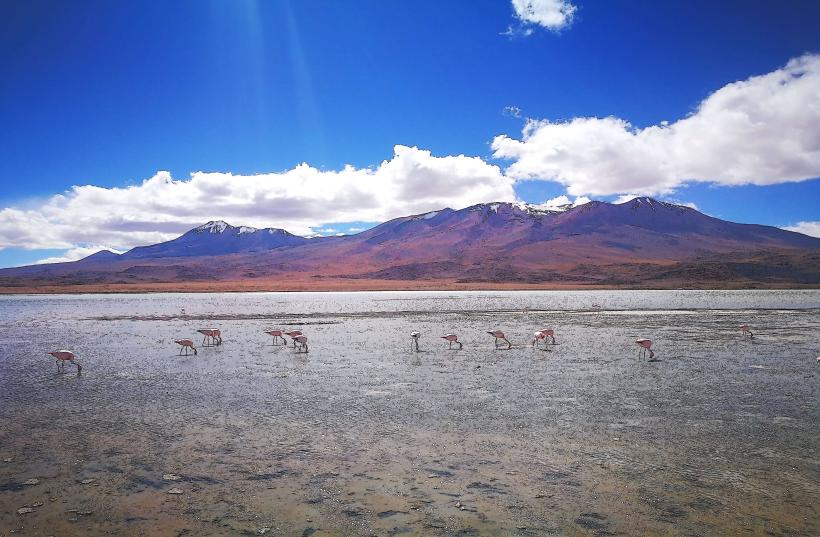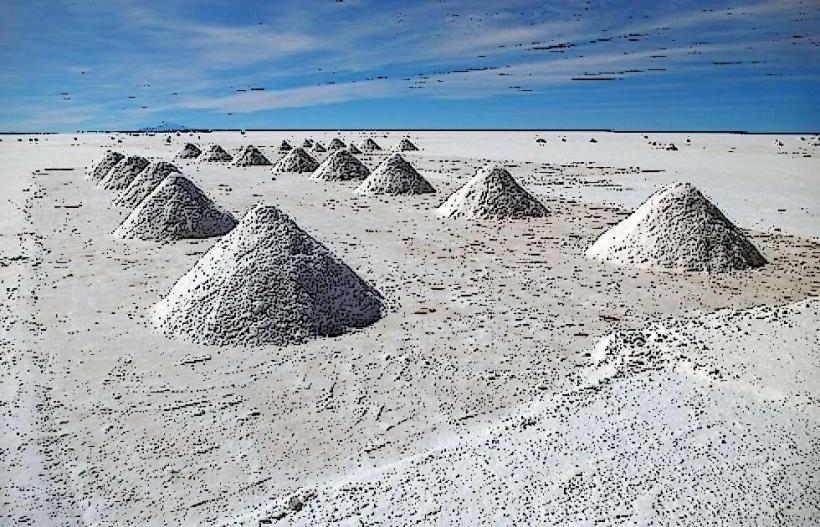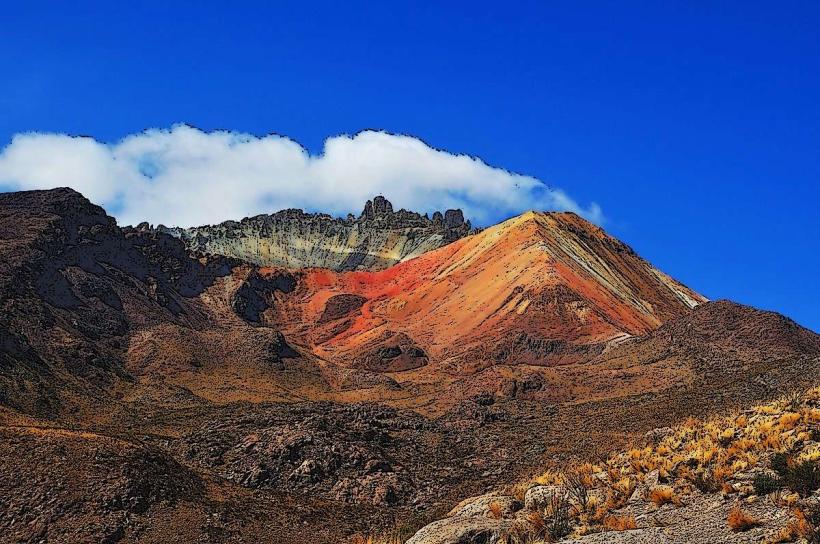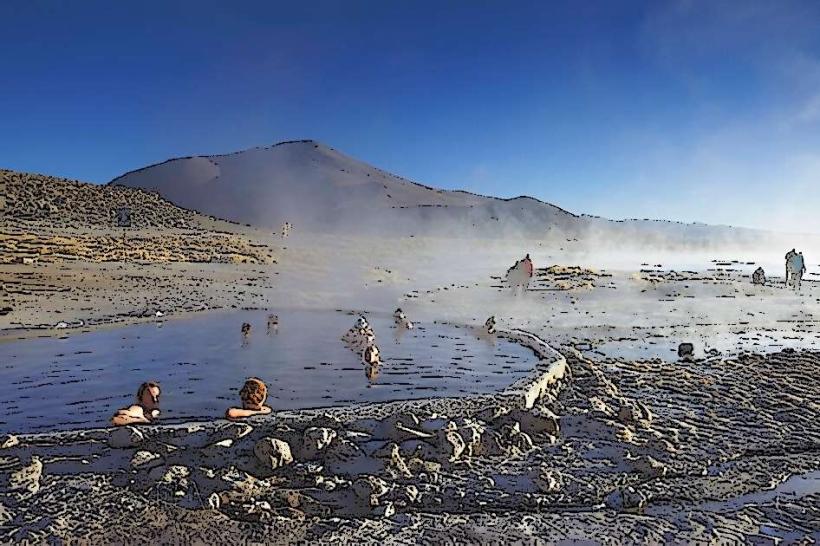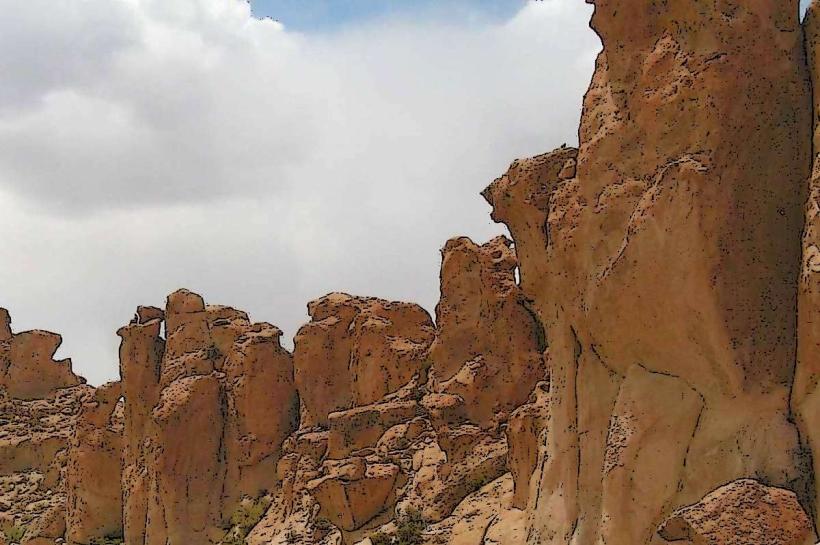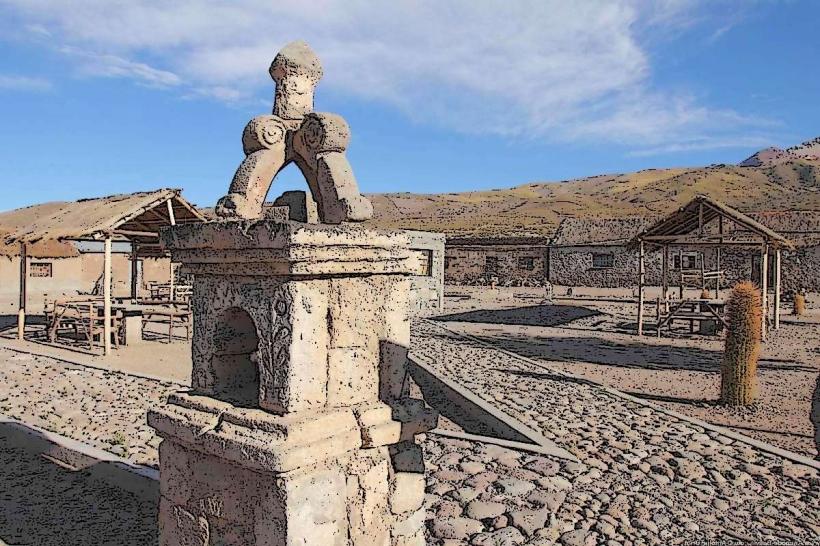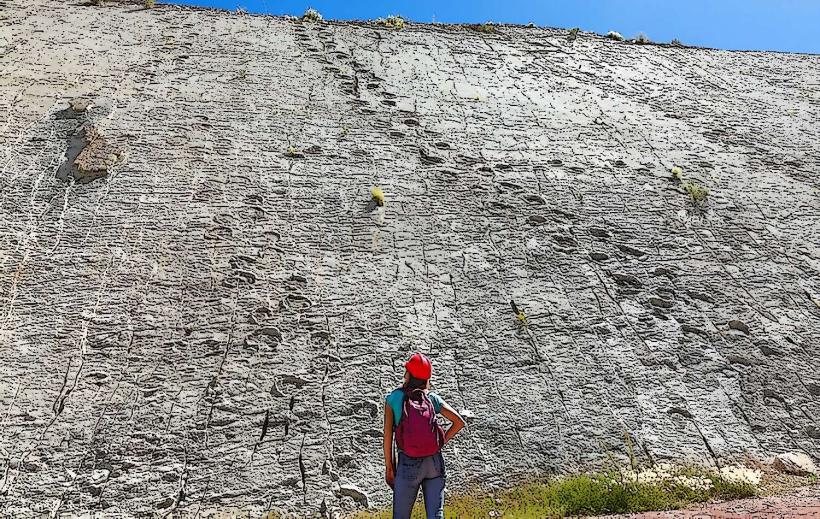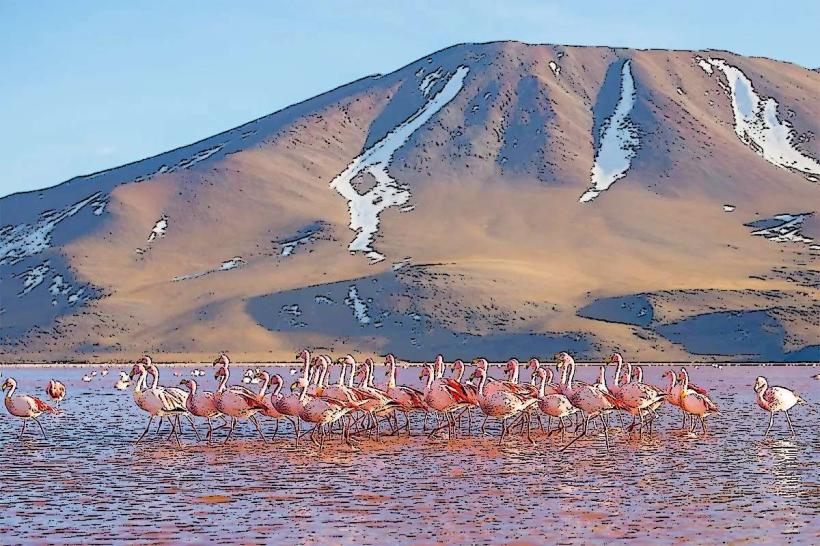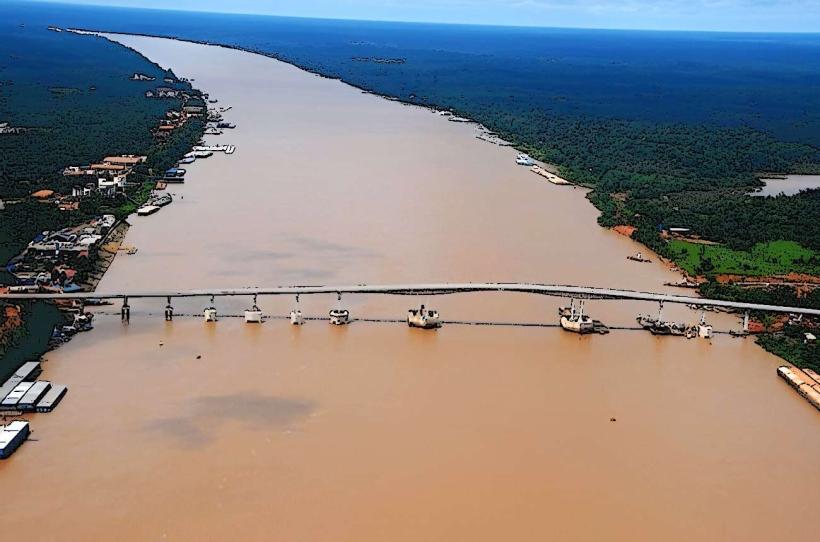Information
Landmark: Cementerio de TrenesCity: Uyuni
Country: Bolivia
Continent: South America
Cementerio de Trenes, Uyuni, Bolivia, South America
The Cementerio de Trenes is a railway graveyard located on the outskirts of Uyuni, Bolivia.
It contains a collection of abandoned steam locomotives and rolling stock from the early 20th century.
Visual Characteristics
The site features numerous rusting steam locomotives, passenger cars, and freight wagons. The metal structures exhibit significant corrosion due to the arid climate and exposure to the elements. The primary colors are shades of brown, orange, and grey, with exposed metal and weathered paint. The locomotives are of various sizes and designs, reflecting different eras of railway engineering.
Location & Access Logistics
The Cementerio de Trenes is situated approximately 3 kilometers (1.8 miles) south of the town center of Uyuni. Access is via a dirt track that branches off the main road leading out of Uyuni towards the salt flats. Driving is the most direct method; a 4x4 vehicle is recommended for optimal navigation. Parking is available on-site, with no designated parking lot. Public transport does not directly service the site; taxis from Uyuni can be hired for a round trip. Walking from Uyuni is feasible but takes approximately 30-40 minutes.
Historical & Ecological Origin
The railway yard was established in the late 19th and early 20th centuries to serve as a maintenance and storage depot for trains operating on the Antofagasta-Bolivia Railway. This line was crucial for transporting minerals, particularly silver and later tin, from Bolivia to the Pacific port of Antofagasta in Chile. The locomotives and rolling stock were retired and left at this location due to economic decline and the obsolescence of steam power. The arid, high-altitude environment of the Bolivian Altiplano contributes to the preservation of the metal structures through slow oxidation.
Key Highlights & Activities
Visitors can explore the abandoned train carriages and locomotives. Photography is a primary activity due to the unique visual landscape. Walking among the decaying machinery provides insight into the region's industrial past. Some local guides offer short walking tours explaining the history of the site.
Infrastructure & Amenities
There are no permanent structures or amenities within the Cementerio de Trenes itself. Restrooms are not available. Shade is minimal, provided only by the skeletal remains of the train cars. Cell phone signal (4G/5G) is generally weak to non-existent at the site. Food vendors are not present; visitors should bring their own provisions. Basic services like water and food are available in Uyuni town.
Best Time to Visit
The best time of day for photography is during the early morning or late afternoon when the sunlight casts long shadows and provides softer illumination. The dry season, from April to October, offers the most stable weather conditions with minimal rainfall. Midday can be intensely sunny and hot, even in cooler months. There are no tidal considerations.
Facts & Legends
A common local belief is that the trains were abandoned here due to sabotage or financial collapse of the railway company. However, historical records indicate a more gradual process of obsolescence and economic shifts. A specific tip for visitors is to wear sturdy footwear, as the ground is uneven and littered with debris.
Nearby Landmarks
- Uyuni Salt Flats (Salar de Uyuni) - 5km Northwest
- Museo Ferroviario (Railway Museum) - 2.5km North
- Uyuni Town Center - 3km North
- Train Cemetery Viewpoint - 0.2km East

